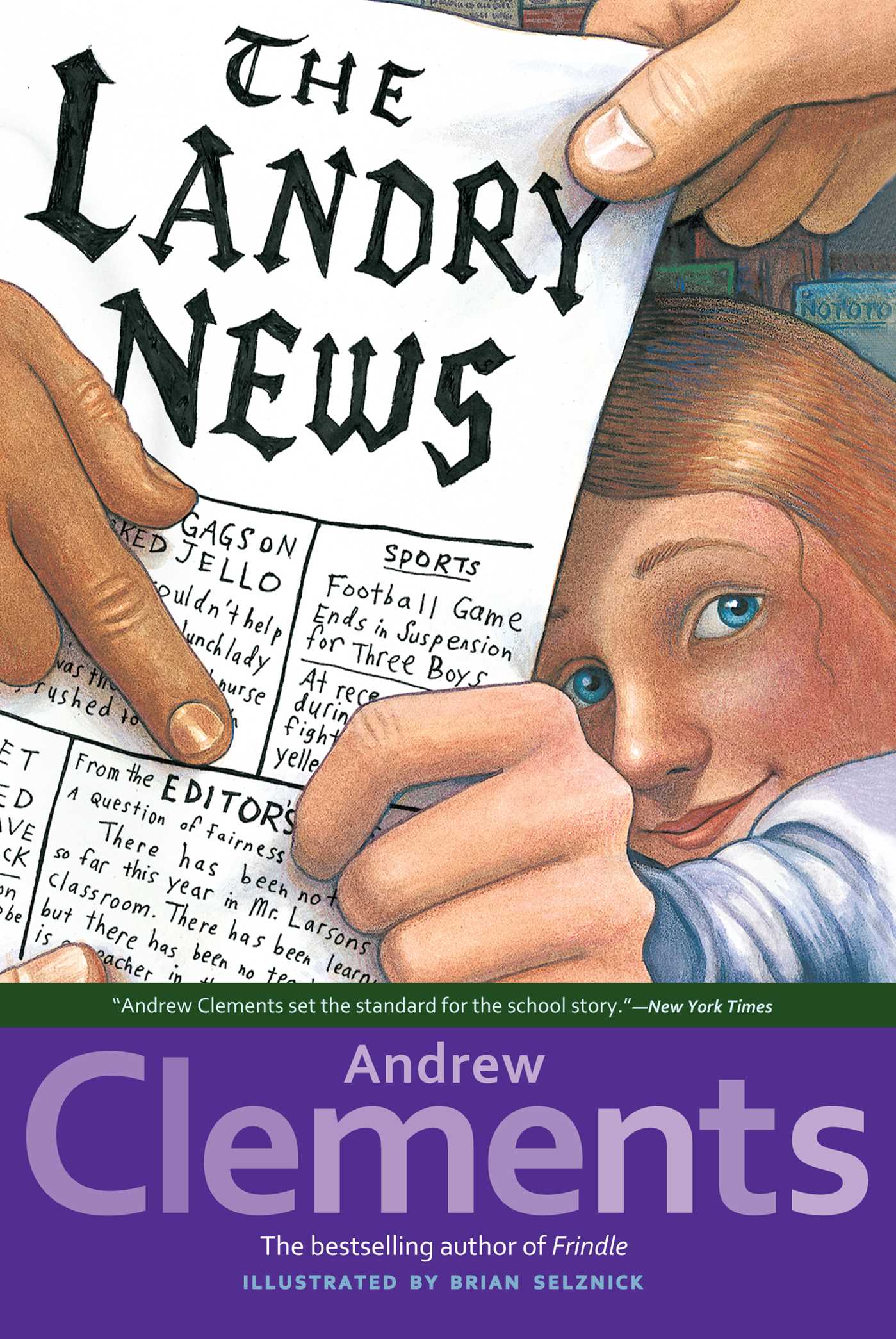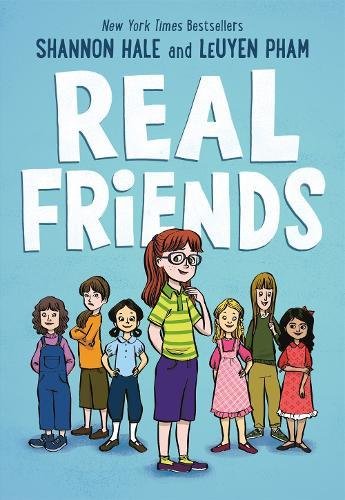The Great Treehouse War by Lisa Graff
Hello, Readers!This week, 5th grade book club members are discussing The Great Treehouse War by Lisa Graff. Are you ready for this epic "kids versus parents" showdown?
There are a lot of things you should probably know to understand why a bunch of kids decided to climb up a treehouse and not come down. But to really understand it, you'd probably have to go way back in time, and peek through the living room window of a girl named Winifred Malladi-Maraj, on her last day of fourth grade . . .
That was the day everything changed. The day Winnie's parents got divorced, the day they decided Winnie would live three days a week with each of them and spend Wednesdays by herself in a treehouse smack between their houses, to divide her time perfectly evenly. It was the day Winnie's seed of frustration with her parents was planted, a seed that grew until it felt like it was as big as a tree itself.
By the end of fifth grade, Winnie has decided that the only way to change things is to barricade herself in her treehouse until her parents come to their senses - and her friends decide to join her. It's kids versus grown-ups, and no one wants to back down first. But with ten kids in one treehouse, all with their own demands, Winnie discovers that things can get pretty complicated pretty fast! All th rules have been thrown out the window, but does Winnie have what it takes to hold her ground and keep everyone happy?
(Source: inner book flap)
Possible Discussion Questions:
- Describe Winnie's parents' personalities. How do they cause a major problem for Winnie? What other options could Winnie's parents have tried instead of the "completely even" division of time?
- Why does Winnie decide to stay in the treehouse instead of coming back down?
- How do the kids "get away with" staying in the treehouse? What is the history of the tree that allows them to stay there?
- Was the list of demands put forward by the "Treehouse Ten" reasonable, unreasonable, or somewhere in between? Why?
- Some people thought the "Treehouse Ten" were rabble-rousers, and some people thought they were heroes. What do you think? Why?
- What strategies did the adults use to try to get the kids out of the treehouse?
- When and how did things start to turn bad for the kids? What position did Winnie find herself in when things started to turn bad?
- Why do you think the kids began to leave the treehouse?
- Which of Winnie's friends was your favorite character? Why?
- What did you think of the format of this book (memoir, sticky notes, transcripts, letters, etc.)? Did you find it interesting, confusing, entertaining, etc.? What was your favorite type of writing to read?
Curriculum Connections:
- Visit Lisa Graff's website to learn more about her and the other books she has written.
- Communication Skills (listening, observing closely, making compromises, critical thinking, questioning accuracy of news reports)
- Character and Social/Emotional Development (dealing with divorce, friendship, problem solving)
- STEM (design, architecture, survival)
- Social Studies (embassies and consulates)
What 5th Grade Book Club Members Thought:
- Our rating: 4.2 out of 5 - We really liked it.
- "I want to talk about how at the end Winnie saw how her friends were fighting and got a family member to write." --Katie
- "If I could be a character in this book, I would be Winnie because I like that Winnie stayed up there and didn't come down until her parents came to [their] senses." --Eliza
- "I want to talk about how the kids got in fights." --Aditi
- "I wondered what [the kids] would be like in middle school." --Sophie
- "One question I wondered was how on earth would the kids be so driven and why?" --Alex
- "I love how [Lisa Graff] put in the book pages for how _____ is made." --Jordyn
- "I want to talk about how cool [it was that] they stayed up in the treehouse so long." --Alexa
- "I would be Squizzy because she was funny and loves books like me." --Aditi










